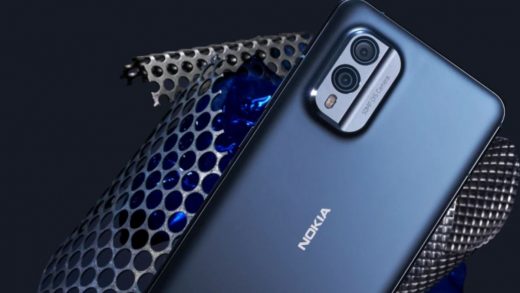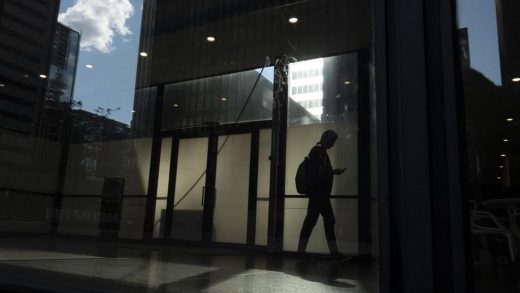
Apple received approval for its Near Field Communication (NFC) technology in Europe on Thursday. The European Union (EU) formally announced the approval after the Cupertino-based tech giant agreed to make changes that were suggested by the bloc. The company first applied for approval in 2022, however, the EU expressed concerns due to Apple’s monopoly over the technology and refusal to allow third-party apps to access NFC. The iPhone maker now has till July 25 to implement the agreed-upon changes and keep it intact for the next ten years, as a part of the approval process.
EU Approves Apple’s NFC Usage in Europe
In a press release, the EU said, “The European Commission has made commitments offered by Apple legally binding under EU antitrust rules. The commitments address the Commission’s competition concerns relating to Apple’s refusal to grant rivals access to a standard technology used for contactless payments with iPhones in stores (‘Near-Field-Communication (NFC)’ or ‘tap and go’).”
In 2022, the tech giant applied for the approval of its NFC technology. However, at the time, it only made the hardware and supporting software available to its native Apple Wallet and Apple Pay apps. During its investigation, the Commission found Apple to violate Article 102 of the Treaty on the Functioning of the European Union (TEFU).
The article prohibits the abuse of a company’s dominant position in the market and attempts to monopolise said position. EU found that Apple’s refusal to allow third-party wallet apps to access NFC could lead to less innovation and choice for iPhone wallet users.
Addressing the concerns, Apple has now committed to several changes by the Commission, and as a result, it has received the approval. The most important commitment made by the company is the decision to allow “third-party wallet providers access to the NFC input on iOS devices free of charge, without having to use Apple Pay or Apple Wallet.”
Apple will also apply a fair, objective, transparent and non-discriminatory procedure and eligibility criteria to give access to NFC to third-party app developers. Further, the iPhone maker has also agreed to establish separate monitoring mechanisms and dispute settlement systems to independently review Apple’s decision to restrict access.
These commitments will not only apply to all the 30 countries within the European Economic Area (EEA) but also to all the iOS users with an Apple ID registered in the area who travel outside temporarily.


